Are Potatoes Good For Weight Loss? What To Know 2024
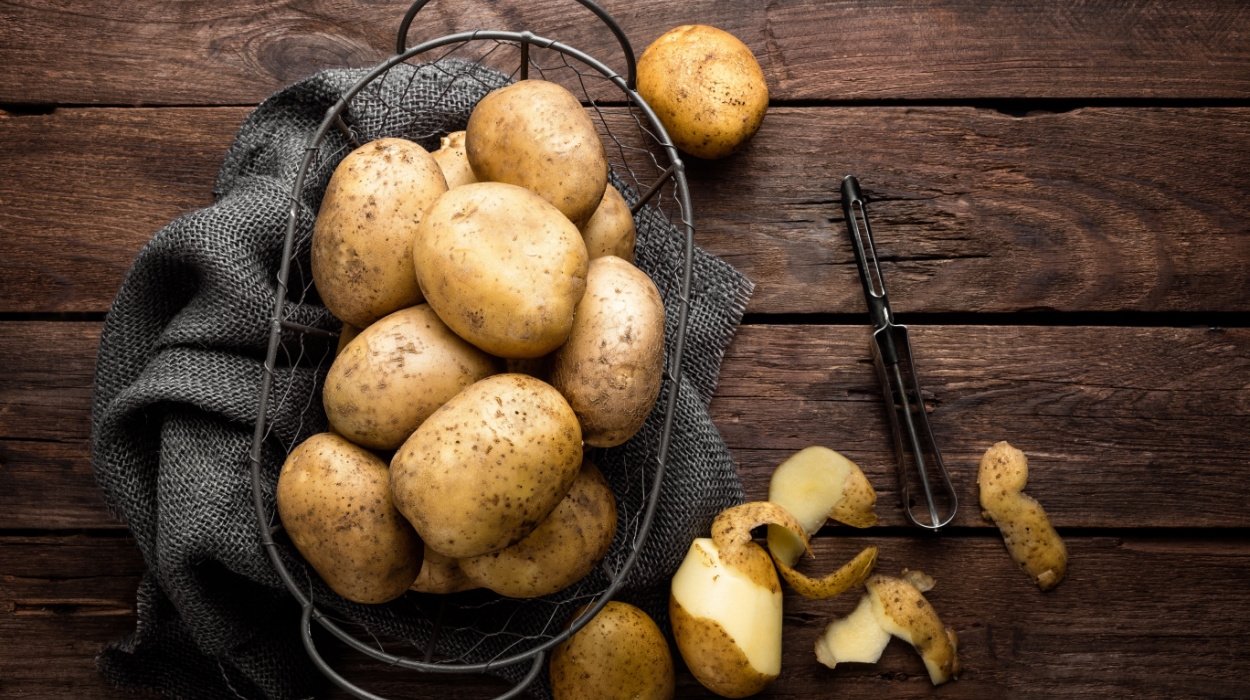
Potatoes come in many varieties[1]—white, yellow, red, russet—and are a dietary staple of many cultures worldwide. Potatoes can be boiled, baked, mashed, or fried, and eaten freshly cooked or cooled to make potato salad. Potatoes offer many nutritional[2] benefits including fiber, potassium, magnesium, phosphorus, and vitamin C. But, are potatoes good for weight loss?
They certainly can be. While there are some direct links between potatoes and weight loss, there is no evidence to suggest that potatoes cause weight gain. With the possible exception of french fries,[3] potatoes are not correlated with obesity or weight-related conditions such as type 2 diabetes or cardiovascular disease.
Are Potatoes Good For Losing Weight?
Possibly. Potatoes provide fiber, nutrients, and increased satiety which may aid in weight loss, and there is no evidence to suggest that plain potatoes cause weight gain.
Studies that suggest potatoes cause weight gain usually do not take into account the cooking preparation, such as whether the potatoes were steamed, baked, or fried. In moderation, plain boiled or steamed potatoes can be a healthy part of a weight loss diet.
Are Potatoes Good For Weight Loss?
Potatoes can be a great addition to a weight-loss diet. Potatoes are a great source of dietary fiber.[4] Fiber promotes weight loss by slowing down carbohydrate absorption and increasing satiety. By adding potatoes to your meals, you can help ward off cravings later.
Featured Partner Offer

PhenQ
- Helps to burn fat
- Crushes food cravings
- Boosts energy and balances mood
- High-quality formula
Money Back Guarantee and Free US Shipping
Cooking Methods
There is no evidence to suggest that potatoes as a whole cause weight gain.[5] In fact, some experts say that any studies that have found a correlation between potato consumption and obesity have not taken into account how the potatoes have been cooked.[6]
According to some studies, eating french fries[7] is not beneficial for weight loss. French fries have been shown to increase the risk of type 2 diabetes, a weight-related condition.
When cooking potatoes, reduce additives like mayonnaise, butter, and oil to reduce calories. Choose baked potatoes over potato chips that have been fried. Furthermore, eating potatoes with their skin[8] on can increase their fiber content. Fiber increases satiety, reduces your overall calories intake, and thus helps you lose weight.
Cooled Potatoes
Cooling potatoes after they have been cooked lowers their glycemic index[9] which is a measure of how fast a food raises blood sugar.[10]
Freshly cooked potatoes typically contain high amounts of rapidly digested starches. By cooling potatoes, you decrease the rapidly digested starches[11] and increase resistance starches. Rapidly digested starches digest quickly in the small intestine, causing a blood sugar spike shortly after eating them. This can make the feeling of satiety last shorter, leading you to feel hungrier earlier and eat more.
Raw Versus Cooked Potatoes
When it comes to eating potatoes raw[12] versus cooked, raw potatoes contain more resistant starch. Resistant starch is good for weight loss, but can cause digestive discomfort. This is because resistant starches resist digestion. The resistant starch fibers act as prebiotics,[13] feeding beneficial bacteria in the gut instead of breaking down. Again, this may be beneficial for gut health, but difficult for some to tolerate.
What’s In Potatoes?
You may be wondering what is in a potato to determine if potatoes are good for a diet. Potatoes are a type of carbohydrate[14] that belongs to the starchy vegetable[8] group. Starchy vegetables like potatoes, peas, and lentils have more starch compared to other vegetables.
There are many varieties[15] of potatoes, including white, red, russet, yellow, and sweet potatoes. They all have similar health properties with some variations. Some shared nutrients of potatoes include iron, magnesium, phosphorus, potassium, sodium, zinc, vitamin C, beta carotene, niacin, copper, manganese, and selenium. These nutrient amounts vary depending on the type and amount of potato.
How Many Potatoes Should I Eat A Day To Lose Weight?
Potatoes are good for a weight loss diet, with the caveat that they should be eaten in moderation. Potatoes come in all sizes. Rather than measure by number of potatoes, measure by grams or cups. General dietary guidelines[16] for adults say to consume 130 grams, or half a cup of potatoes a day.
How To Use Potatoes For Weight Loss
Bake, Boil, Or Steam
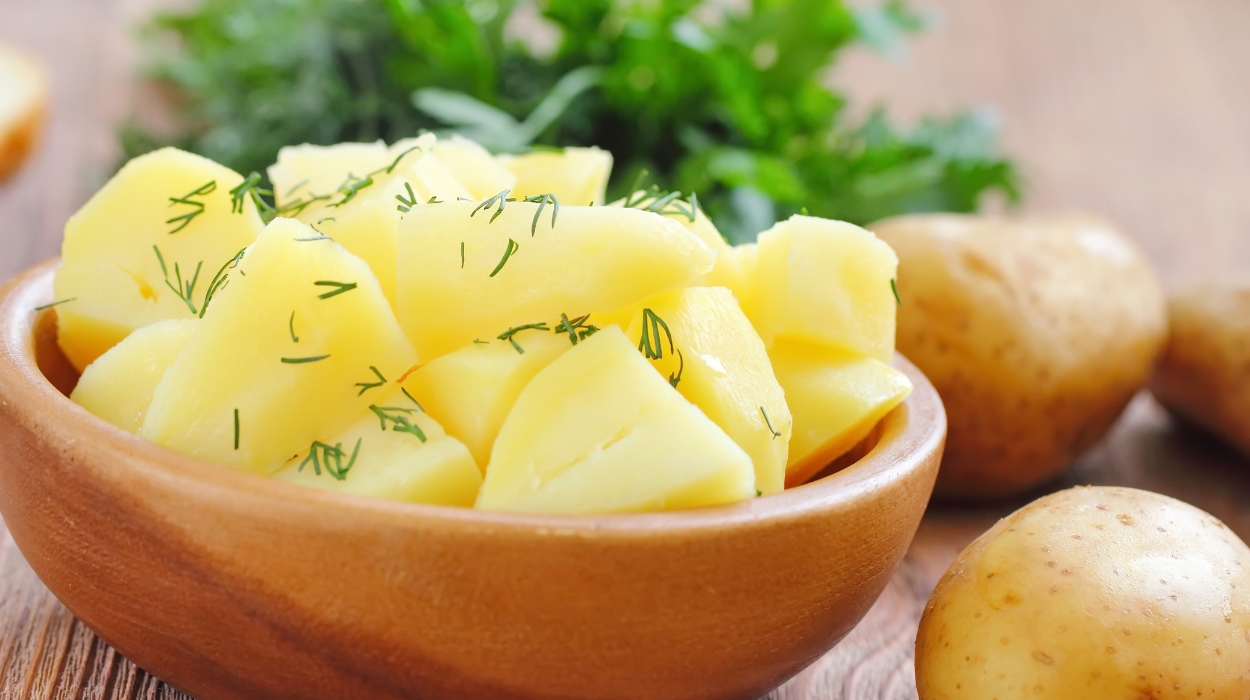
To answer the question, are potatoes good for losing weight, you may want to consider the more weight loss-friendly ways to consume potatoes. This includes baking, boiling, or steaming. Also, try eating potatoes after they’ve been cooled.
More Fiber, Less Sugar
If you want to lose fat, it’s important to increase fiber and minimize added sugar. Eat potatoes with their skin on to increase fiber, and avoid any sauces, dips, or dressings that may contain added sugar.
Avoid Processed Potatoes
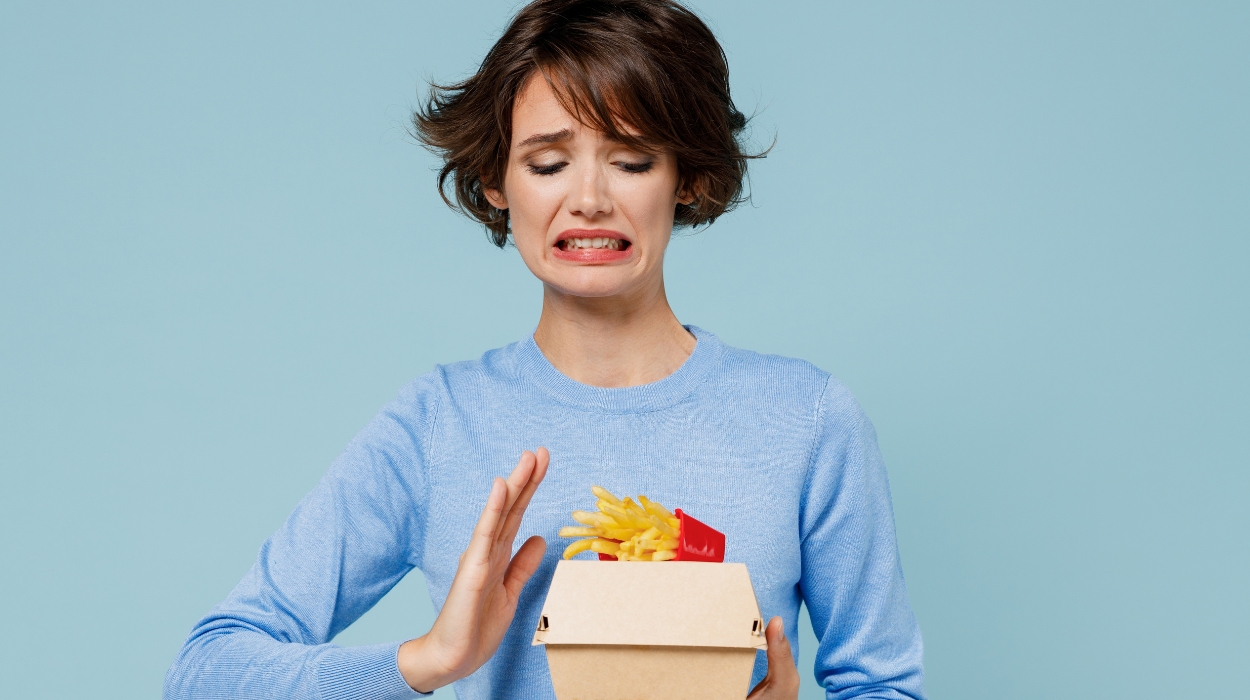
To lose body fat fast, one must avoid processed foods. So always choose whole, cooked potatoes that have minimal processing and little-to-no additives. It is generally best to buy whole, fresh potatoes and make them yourself at home. But, if you are buying pre-made potatoes in a box, always check ingredient labels.
Think Holistically
Keep in mind that incorporating potatoes into your diet is only one aspect of weight loss. To lose weight fast you need to eat potatoes as part of a healthy diet. In addition, you must get quality sleep, manage stress, and exercise regularly. You may also want to ask your doctor about taking a weight loss supplement such as a fat burner.
If you are addressing weight loss holistically, you can start to see belly fat reduction in a few weeks, though it may take others a few months.
Featured Partner Offer
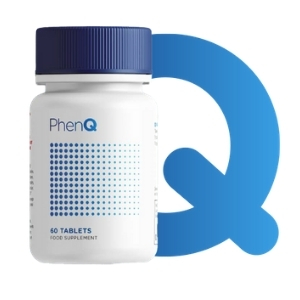
Try New Potato Dishes
Think outside the box of new ways to enjoy potatoes in a healthy way.
- Make potato salad with the skins on, and use avocado or mustard, vinegar, or olive oil instead of mayonnaise.
- Add a dollop of low-fat plain Greek yogurt instead of sour cream to your baked potatoes. Greek yogurt[17] is higher in protein and lower in fat than sour cream.[18] Swapping out these ingredients may aid in weight loss.
- Add potatoes with their skin to homemade vegetable or chicken soup.
- Bake thinly sliced potatoes to make healthier french fries.
Conclusion
Potatoes are healthy starchy vegetables that can be beneficial for weight loss, depending on the amount and preparation of the potatoes. Studies suggest that a plain boiled potato is good for weight loss, whereas french fries may not be.
To get the most weight loss benefits out of potatoes, consume up to a half cup a day, eat potatoes with the skin on, and consume them cooled after they have been cooked. When choosing a cooking method, opt for boiling, steaming, and baking instead of frying.
Frequently Asked Questions
Yes. Consuming baked, steamed, or boiled potatoes in moderation should not hinder weight loss efforts. There is no evidence to show that modest amounts of potatoes would cause you to gain weight.
Yes. Plain potatoes, especially ones that have been cooled after cooking, may help you manage weight and lose belly fat.
Steam, boiled, or baked potatoes, and potatoes that have been cooled after cooking are the healthiest ways to eat potatoes. Avoid fried potatoes.
Yes. Potatoes have more nutrients, such as fiber, and fewer calories than rice per serving. This makes potatoes more beneficial for weight loss than rice.
Yes. Sweet potatoes have about 6 grams of sugar in a serving. Whole white potatoes have less than one gram of sugar.
You can, however, you may want to limit the amount. Raw potatoes have more resistance starch than cooked potatoes, which can help with weight loss, however, raw potatoes can be difficult to digest.
Yes, however, you should try to bake the potato fries instead of frying them. Frying food increases calories and may hinder weight loss efforts.
Resources
- NEWS RELEASE. (2021). Available at: https://www.nass.usda.gov/Statistics_by_State/Colorado/Publications/News_Releases/2021/CO-Potato-Varieties-09302021.pdf.
- Usda.gov. (2023). FoodData Central. [online] Available at: https://fdc.nal.usda.gov/fdc-app.html#/food-details/170026/nutrients.
- D. Zangger Borch, Juul-Hindsgaul, N., Veller, M., Astrup, A., Jörn Jaskolowski and Raben, A. (2016). Potatoes and risk of obesity, type 2 diabetes, and cardiovascular disease in apparently healthy adults: a systematic review of clinical intervention and observational studies. The American Journal of Clinical Nutrition, [online] 104(2), pp.489–498. doi:https://doi.org/10.3945/ajcn.116.132332.
- Miketinas, D., Bray, G.A., Beyl, R.A., Ryan, D.H., Sacks, F.M. and Champagne, C.M. (2019). Fiber Intake Predicts Weight Loss and Dietary Adherence in Adults Consuming Calorie-Restricted Diets: The POUNDS Lost (Preventing Overweight Using Novel Dietary Strategies) Study. Journal of Nutrition, [online] 149(10), pp.1742–1748. doi:https://doi.org/10.1093/jn/nxz117.
- Randolph, J., Indika Edirisinghe, Masoni, A.M., Tissa Kappagoda and Burton‐Freeman, B. (2014). Potatoes, Glycemic Index, and Weight Loss in Free-Living Individuals: Practical Implications. Journal of The American College of Nutrition, [online] 33(5), pp.375–384. doi:https://doi.org/10.1080/07315724.2013.875441.
- Robertson, T., Abdulrahman Alzaabi, M. Denise Robertson and Fielding, B.A. (2018). Starchy Carbohydrates in a Healthy Diet: The Role of the Humble Potato. Nutrients, [online] 10(11), pp.1764–1764. doi:https://doi.org/10.3390/nu10111764.
- Muraki, I., Rimm, E.B., Willett, W.C., Manson, J.E. and Hu, F.B. (2015). Potato Consumption and Risk of Type 2 Diabetes: Results From Three Prospective Cohort Studies. Diabetes Care, [online] 39(3), pp.376–384. doi:https://doi.org/10.2337/dc15-0547.
- NHS Choices (2023). Starchy foods and carbohydrates. [online] Available at: https://www.nhs.uk/live-well/eat-well/food-types/starchy-foods-and-carbohydrates/.
- Eri Udagawa, Matsuda, H., Tanaka, M. and Shirai, T. (2017). The Effect of Heat-acid Treatment on the Formation of Resistant Starch and the Estimated Glycemic Index in Potatoes. Journal of applied glycoscience, [online] 64(3), pp.75–80. doi:https://doi.org/10.5458/jag.jag.jag-2017_001.
- Medlineplus.gov. (2023). Glycemic index and diabetes: MedlinePlus Medical Encyclopedia. [online] Available at: https://medlineplus.gov/ency/patientinstructions/000941.htm.
- Robertson, T., Brown, J.E., Fielding, B.A., Hovorka, R. and M. Denise Robertson (2020). Resistant Starch Production and Glucose Release from Pre‐Prepared Chilled Food: The SPUD Project. Nutrition Bulletin, [online] 46(1), pp.52–59. doi:https://doi.org/10.1111/nbu.12476.
- Hanes, D.A., Nowinski, B., Lamb, J., Larson, I., McDonald, D., Knight, R., Se Jin Song and Patno, N. (2022). The gastrointestinal and microbiome impact of a resistant starch blend from potato, banana, and apple fibers: A randomized clinical trial using smart caps. Frontiers in Nutrition, [online] 9. doi:https://doi.org/10.3389/fnut.2022.987216.
- Holscher, H.D. (2017). Dietary fiber and prebiotics and the gastrointestinal microbiota. Gut microbes, [online] 8(2), pp.172–184. doi:https://doi.org/10.1080/19490976.2017.1290756.
- Slavin, J.L. and Carlson, J. (2014). Carbohydrates. Advances in Nutrition, [online] 5(6), pp.760–761. doi:https://doi.org/10.3945/an.114.006163.
- NEWS RELEASE. (2021). Available at: https://www.nass.usda.gov/Statistics_by_State/Colorado/Publications/News_Releases/2021/CO-Potato-Varieties-09302021.pdf.
- Health.gov. (2015). Appendix E-3.1.A4 | health.gov. [online] Available at: https://health.gov/our-work/nutrition-physical-activity/dietary-guidelines/previous-dietary-guidelines/2015/advisory-report/appendix-e-3/appendix-e-31a4.
- Usda.gov. (2023). FoodData Central. [online] Available at: https://fdc.nal.usda.gov/fdc-app.html#/food-details/170903/nutrients.
- Usda.gov. (2023). FoodData Central. [online] Available at: https://fdc.nal.usda.gov/fdc-app.html#/food-details/2346387/nutrients.
More from Weight Management
-
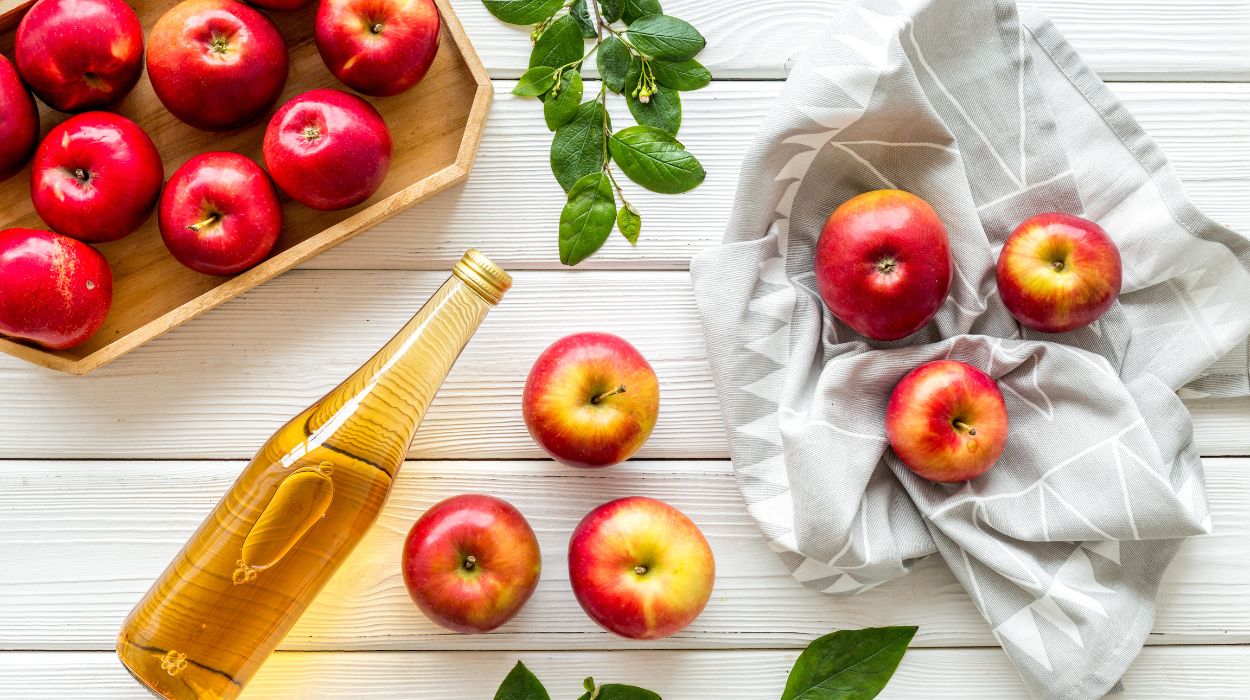
How To Drink Apple Cider Vinegar For Weight Loss In 1 Week In 2024
January 10, 2024
Taking apple cider vinegar has become a sensation for its supposed health benefits, despite its sour taste. Apple cider vinegar may…Read more -
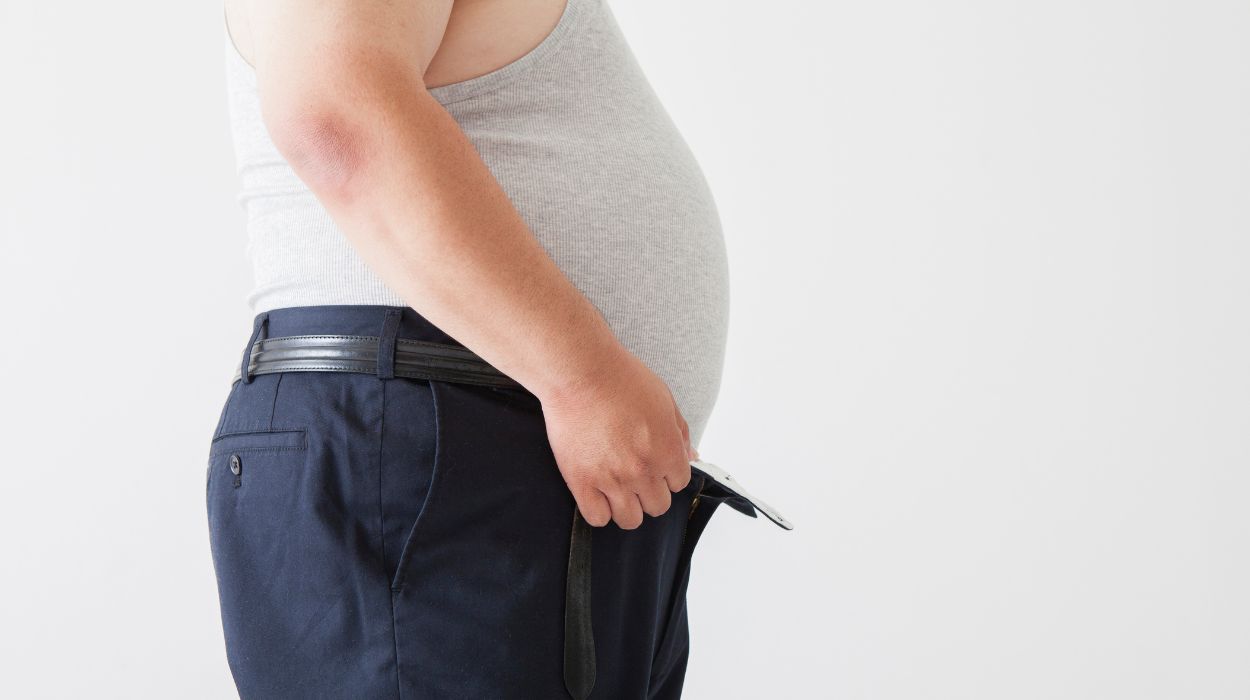
How To Lose Belly Fat After 50: Here’s 10 Tips For People Over 50 To Try In 2024
December 27, 2023
Losing weight over 50 can feel challenging, especially in stubborn areas like the abdomen. As we age, hormonal changes, slower metabolism,…Read more -

How To Lose Weight With Hypothyroidism – 10 Ways You Should Try In 2024
December 22, 2023
Hypothyroidism[1] is a condition that occurs when a person has low levels of thyroid hormone, and it most often develops when…Read more -

Hypnosis For Weight Loss: Unlocking Your Mind’s Potential For Success 2024
December 20, 2023
You’ve heard about various methods and tools to achieve weight loss and you might have looked into how to get ozempic.…Read more
